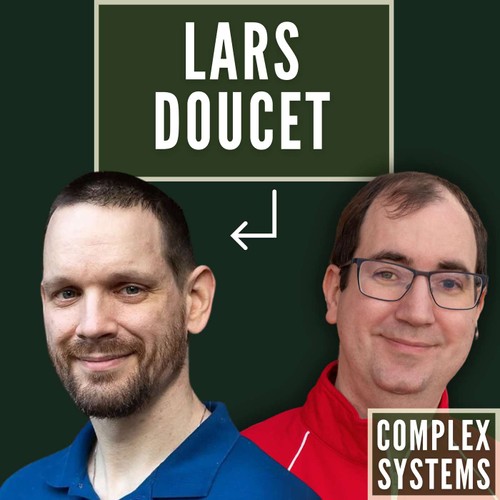
 Complex Systems with Patrick McKenzie (patio11)
Complex Systems with Patrick McKenzie (patio11) How we tax property, with Lars Doucet
62 snips
Dec 12, 2024 Lars Doucet, author of "Land is a Big Deal" and a property tax expert, joins the conversation to unravel the complexities of property assessment. He explains how cities value properties and the political dynamics behind tax rates. The discussion covers the challenges of maintaining equity in assessments, especially with discrepancies between neighbors. Doucet shares insights on how technological tools like GIS are reshaping the landscape of property valuation and the potential benefits of predictive analytics in creating fair tax policies.
AI Snips
Chapters
Books
Transcript
Episode notes
Property Tax Politics
- The appraisal district assesses property values but cannot set tax rates.
- This separation of duties prevents conflicts of interest and makes the district a "whipping boy" for tax increases.
Window Tax
- England once taxed properties based on window count, leading to bricked-up windows to evade taxes.
- This illustrates how tax policies can have unintended consequences and behavioral responses.
Defining Market Value
- Market value in property assessment considers what an unconstrained buyer would pay with full information and no duress.
- Assessors aim for this value on a specific date (e.g., January 1st) using recent sales data.


